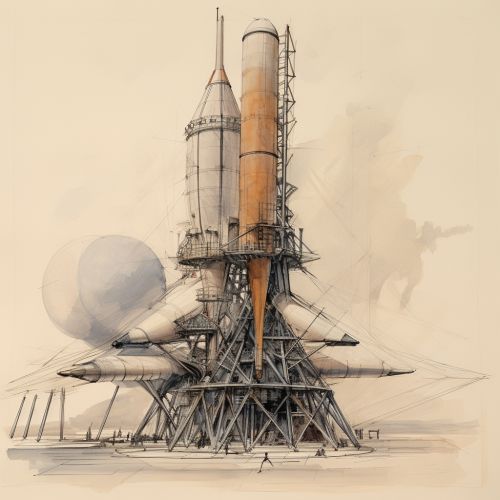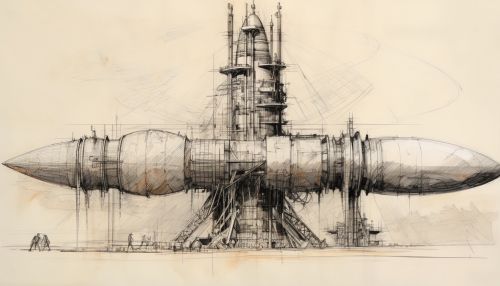Konstantin Tsiolkovsky
Early Life and Education
Konstantin Eduardovich Tsiolkovsky was born on September 17, 1857, in Izhevskoye, in the Ryazan Governorate of the Russian Empire. He was the fifth of 18 children in a family of a Polish forester who had emigrated to Russia. He contracted scarlet fever at the age of 9 which resulted in severe hearing impairment, and he was unable to attend school. His mother provided him with a basic home education, and he developed a keen interest in physics, mathematics, and astronomy.


Career and Contributions to Rocketry
Tsiolkovsky moved to Moscow in 1873, where he self-studied in the Chertkovskaya Library. He returned to Izhevskoye in 1878 and became a mathematics teacher. His interest in theoretical physics led him to explore the possibility of space travel. He is considered one of the founding fathers of modern rocketry and astronautics. His most significant work, "The Exploration of Cosmic Space by Means of Reaction Devices", was published in 1903, the same year the Wright brothers made their first flight.
Tsiolkovsky proposed the use of liquid propellants for rockets to achieve greater range and developed the concept of the multistage rocket. His work on rocket aerodynamics was pioneering and laid the foundation for future space exploration. He also proposed the use of space elevators for space travel.
Later Life and Legacy
Tsiolkovsky continued his research and writings until his death on September 19, 1935. His work was largely unrecognized during his lifetime, but he was posthumously awarded the Order of Lenin in 1935. Today, he is considered a national hero in Russia, and his contributions to space exploration are celebrated worldwide. The Tsiolkovsky State Museum of the History of Cosmonautics in Kaluga is dedicated to his memory.


